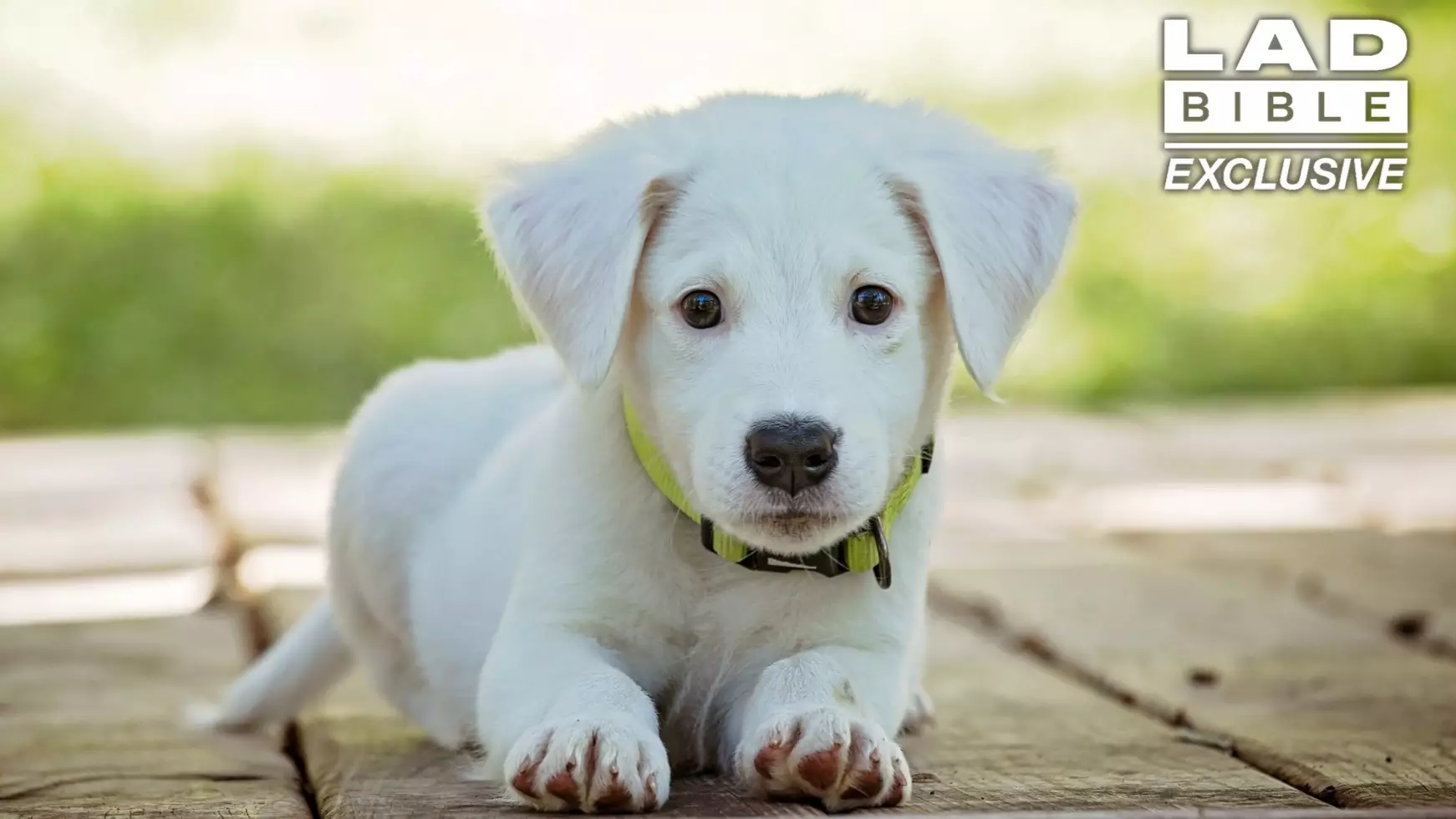
Littering is unnecessary, selfish, lazy and irresponsible.
Everyone knows this, yet littering still happens - presumably because people don't care as much about making our living environment dirty and unsightly as they do about getting rubbish out of their hands immediately.
But just as everyone knows littering is bad, everyone (with a soul) knows dogs are great. With this in mind, an expert has warned of the danger cigarette butts pose to dogs - in the hope that people's love of pooches will override their desire to fling their fags on the ground.
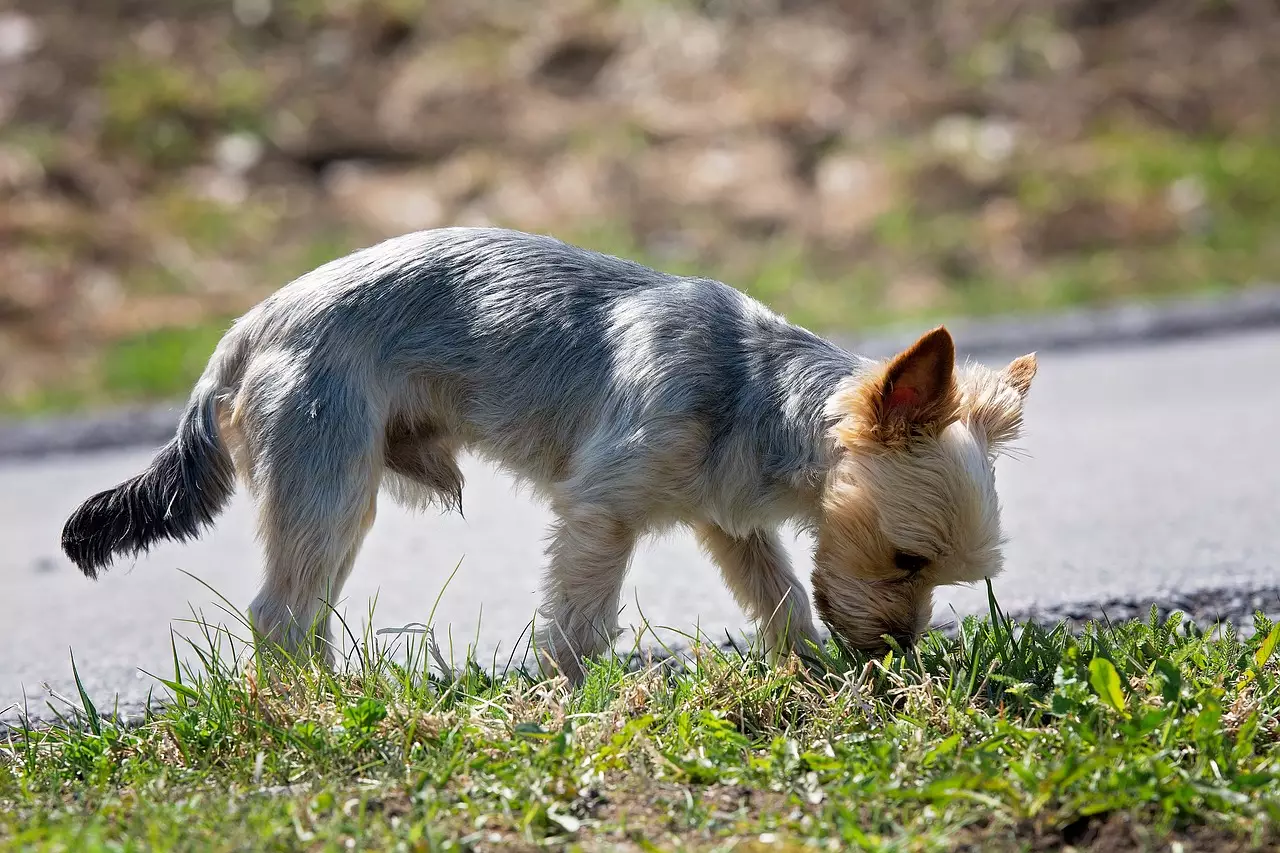
It is common knowledge that cigarettes can cause smokers a slow death, but little thought is given to the effect cigarettes could have when eaten by our furry friends.
Advert
"Toxicity in dogs can be fatal for sure," Dom Barfield, senior lecturer in veterinary emergency and critical care at the Royal Veterinary College at University of London, tells LADbible.
"The main thing we're really talking about is the nicotine effect of cigarettes; the compound that is the reason why it's addictive and people enjoy it. What it does is it affects the nervous system, so we actually have nicotine receptors and animals have them as well.
"They affect your brain, your central nervous system, your spinal cord and you can get intoxication from them.
"Anything to do with cigars, cigarettes, cigarette butts, nicotine patches, nicotine gum, chewing tobacco, even electronic cigarettes, they can cause a problem."
Advert
Given that the ground is a dog's dinner table and they are hardly discerning diners, chucking used cigs in streets and fields is a recipe for disaster.
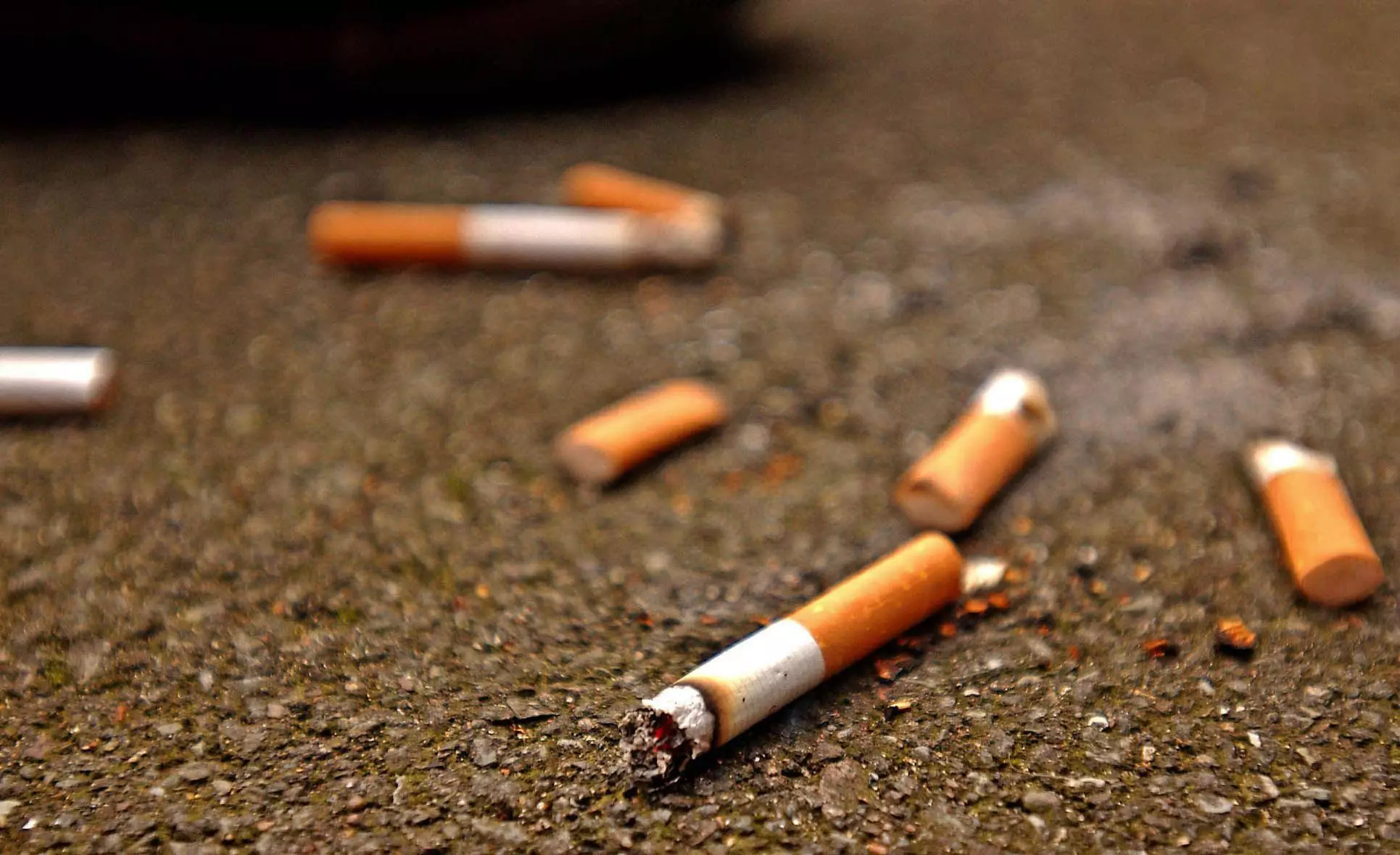
Mr Barfield continues: "Because dogs don't have an off switch, everything is food until proven otherwise, like a small child, so they just have the capacity to eat anything and not necessarily think about the consequences.
"Normally the younger they are, the more likely they are to ingest things. Certain breeds like beagles or Labradors are very food-orientated, so if you drop anything on the floor they're probably going to eat it, it doesn't matter what it is."
Advert
As such, the best thing people can do to prevent dogs from being poisoned by cigarettes is dispose of them properly. However, if your dog does eat them, there are symptoms of toxic poisoning you should look out for.
Mr Barfield says: "Normally when dogs are showing signs of it (poisoning) they tend to be hyper-excitable, and they could have salivation, vomiting or diarrhoea because it affects your gastrointestinal system. They may also be agitated, shaking, they might have breathing issues, a fast heart rate - many have seizures as well.
"Toxicity is always relative to your body weight, it's the same thing with chocolate - so a square of Dairy Milk might be a problem for a Chihuahua, but it's not going to be a problem for a St Bernard."
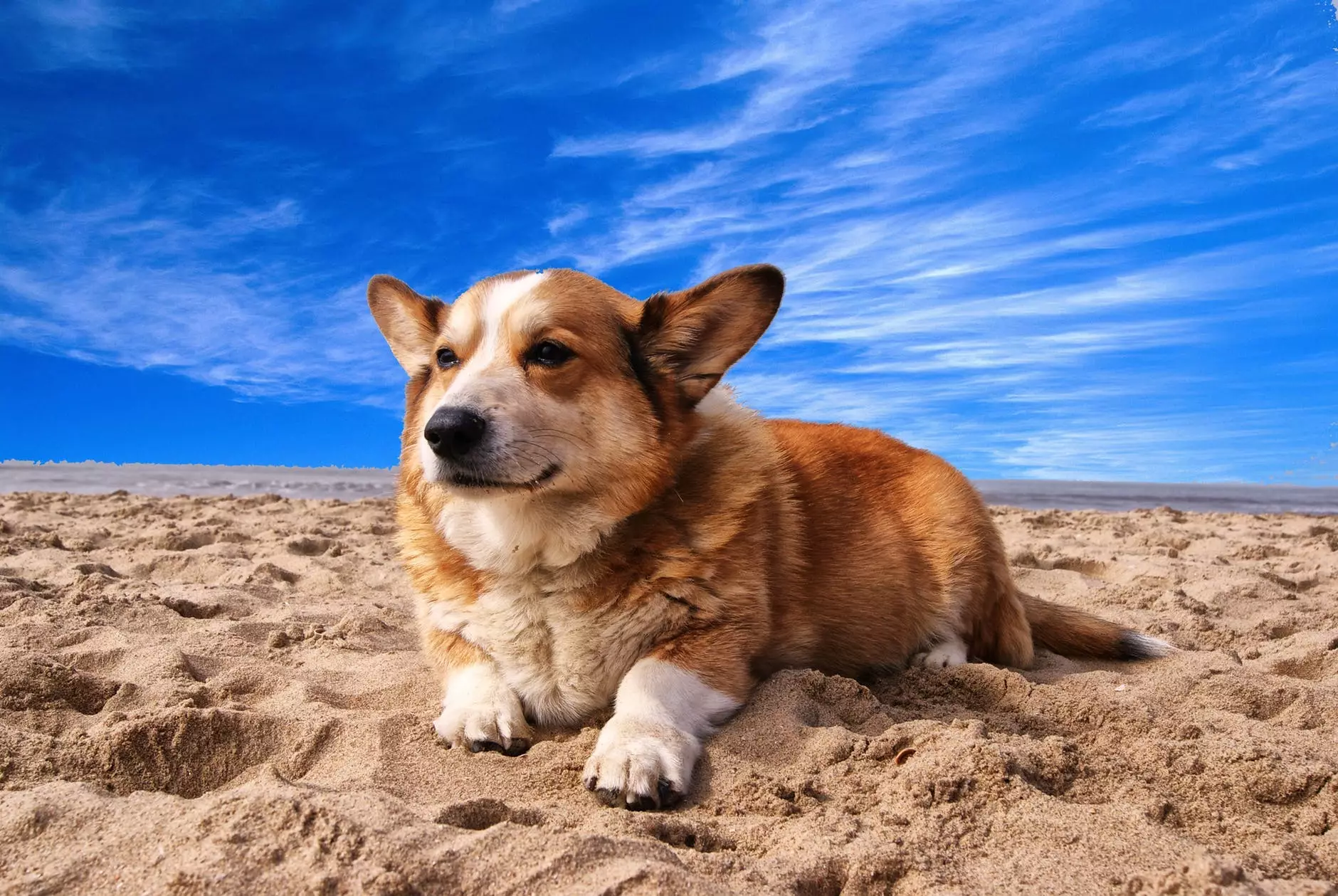
Mr Barfield explainsthat when vets receive dogs that have toxic poisoning, their main priority is removing said toxin from the dog - one way or another.
Advert
He says: "If you have a dog that you think has a toxin what you try and do is remove that toxin from the body, so you try and make them vomit to remove that if you can, if they're neurologically intact, because if you make an animal or a human vomit while they're out of it there's a risk of aspiration.
"You also try and decrease the binding of that compound, so you give them something called activated charcoal, which is something to bind up whatever toxins are in there.
"Then you can try and increase elimination, so you can give them a cathartic or something to shorten the time between ingestion and producing faeces."
Unfortunately though, none of these measures can be taken at home, so your best bet is to head to a vet right away.
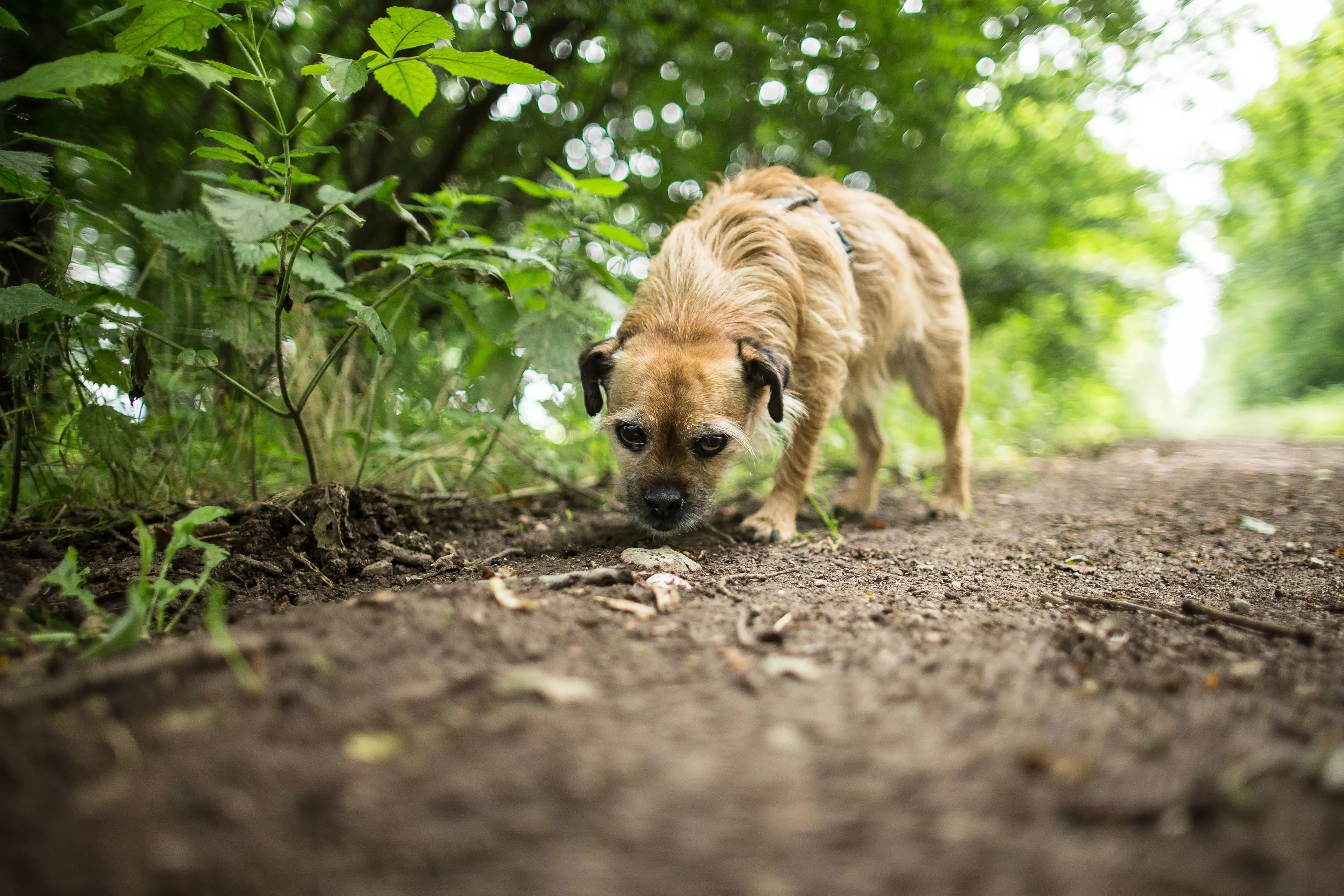
Mr Barfield says: "It's always good to seek veterinary help. Early intervention is important, so it is useful to give your nearest vet a call en route to say that you're coming in and let them know what you think your pet has ingested; they might be able to work out if it is going to be toxic for your pet.
Advert
"There's not something that you can give at home that is repeatable to make an animal sick, it's just certain drugs that vets give - and there's no point trying to stick your fingers down the back of an animal's throat, that's just going to cause issues for everyone involved."
So by all means puff away people, just put the butt in the bin when you're done with it.
Do it for dogs.
Featured Image Credit: PixabayTopics: Interesting, Animals, Dogs